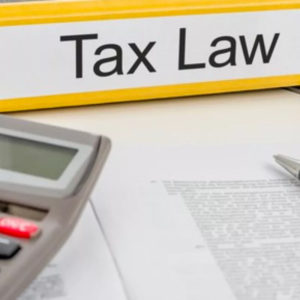IRS issues guidance on disallowing PPP-funded expenses for 2020 tax year
From Wipfli. On November 18, the IRS released Revenue Ruling 2020-27, which states that a taxpayer who reasonably expects full PPP loan forgiveness is not allowed to deduct expenses up to the loan forgiveness amount for the year in which the expenses are incurred. The IRS laid out two situations for calendar-year taxpayers in the…

From Wipfli.
On November 18, the IRS released Revenue Ruling 2020-27, which states that a taxpayer who reasonably expects full PPP loan forgiveness is not allowed to deduct expenses up to the loan forgiveness amount for the year in which the expenses are incurred.
The IRS laid out two situations for calendar-year taxpayers in the revenue ruling.
In situation one, the taxpayer incurs qualified PPP expenses and applies for loan forgiveness in November 2020. The taxpayer satisfies all the requirements under the CARES Act for loan forgiveness, but they do not receive notice from the lender on loan forgiveness before their year-end.
In situation two, the facts are the same except the taxpayer has not filed their loan forgiveness application before their year-end. The taxpayer intends to file the loan forgiveness application in 2021 and reasonably expects full loan forgiveness.
According to the IRS, in both situations the taxpayer can’t deduct expenses funded with PPP loans in the year incurred because they have a reasonable expectation of forgiveness. The IRS position is that at the end of the tax year, the reimbursement of their eligible expenses, in the form of covered loan forgiveness, is reasonably foreseeable, making it inappropriate to claim the deductions.
See the complete post from Wipfli online.
